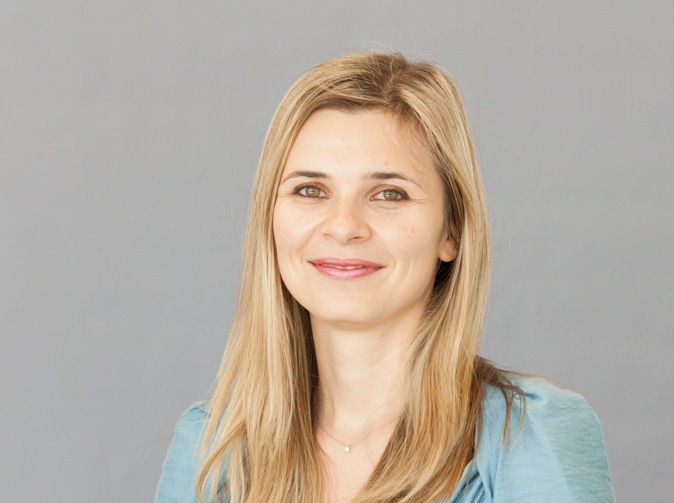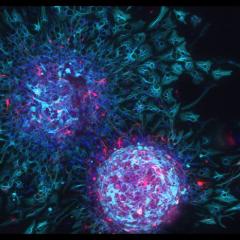Jana Vukovic: Neuroimmunology and adult neurogenesis
Associate Professor Jana Vukovic was jointly appointed as a group leader by QBI and the UQ School of Biomedical Sciences.
A neuroimmunologist, Dr Vukovic received her PhD in 2008 from The University of Western Australia after working on the repair of injured nerve cell connections.
She joined QBI in 2009 to work in Professor Perry Bartlett’s laboratory as a Postdoctoral Research Fellow, before being awarded a Queensland Government Smart Futures Fellowship to continue her research into adult neurogenesis.

Dr Vukovic was awarded an ARC Discovery Early Career Researcher Award, enabling her to establish her own laboratory.
“I’ve been very fortunate and grateful to have worked with a number of outstanding colleagues and mentors who have supported me, and encouraged my development,” Dr Vukovic said.
“I’m confident that the support given to me will lead to a greater understanding of how we can harness the power of the brain to heal and regenerate itself.”
Dr Vukovic is researching methods of improving learning and memory performance in ageing brains, and also designing strategies to improve the existing abilities of the brain to try to stave off decline.
“My work is aiming to understand how important adult neurogenesis—that is, birth of new neurons in an adult brain—is for influencing behaviour,” Dr Vukovic said.
“Neural stem cells in the adult brain have incredible regenerative potential, so my ultimate goal is to understand what is possible in terms of combatting cognitive decline, and to discover a way to control those stem cells to optimise memory function,” she said.
Dr Vukovic’s work has found evidence that microglia—the brain’s resident immune cells—play a role in regulating the rate of adult neurogenesis in response to exercise as well as during ageing.
“Our research is now moving forward to test whether microglia can be manipulated to mimic the therapeutic benefits of exercise on neurogenesis and the ability of the aged brain to learn and remember new things,” she said.
It is hoped that retaining the integrity of the ageing hippocampus, one of the primary brain structures critical for learning and memory, will become possible with new therapies.
“We’re hoping that we can positively stimulate the brain’s microglia to treat the memory loss that is associated with ageing, and in doing so, prevent or at least delay the onset of dementia.”


